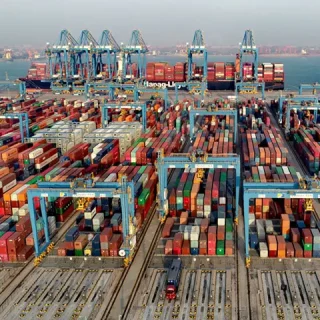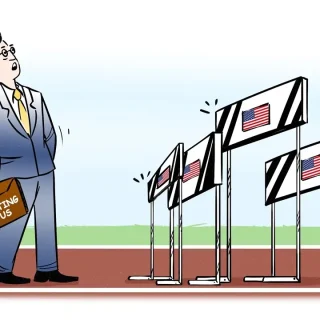As the world becomes increasingly interconnected, wealthy individuals are reconsidering their residence due to shifting political landscapes and tax regulations. With major elections looming in the US, UK, and France, and the rise of geopolitical tensions, the allure of relocating to jurisdictions with more favorable conditions is growing.
The pandemic accelerated the popularity of “golden visas,” which allow wealthy foreigners to obtain residency in exchange for significant investments. However, the influx of affluent expatriates has led to a backlash, prompting some nations to reduce the financial incentives previously offered to these individuals.
Countries like the Netherlands, Italy, and Portugal have scaled back tax and visa benefits for expatriates. The Dutch government recently limited a tax exemption for expatriates, while Italy and Portugal have adjusted their tax benefits related to foreign income.
In the UK, the potential abolition of non-dom status poses a significant change, as it currently enables foreign-domiciled nationals to avoid taxes on foreign assets. With the upcoming elections, the Labour Party’s potential ascendancy could lead to increased taxes on the wealthy, prompting some to explore tax havens or relocate to avoid higher taxes.
Despite tightening regulations in Europe, countries like Italy still offer appealing tax regimes for new residents, allowing them to pay a flat fee and avoid taxes on foreign income. Portugal continues to attract expatriates through its golden visa program by allowing investments in local funds.
In the Caribbean, nations like Antigua and Barbuda offer attractive tax conditions and easy access to citizenship, providing significant incentives for those looking to relocate.
Meanwhile, expatriates are also considering destinations like Panama City and Singapore, known for their residence permits and low tax rates. Other favorable locations include Dubai, Cyprus, Monaco, Hungary, Switzerland, and the UAE, which are actively courting foreign investment with attractive residency programs and tax incentives.
For those contemplating a move, securing legal residence is a crucial first step, followed by considerations of tax benefits. However, for US citizens, options are limited due to the IRS’s global taxation policy, underscoring the importance of selecting destinations with favorable tax treaties with the US.
This global trend of mobility among the wealthy highlights the complex interplay between political changes, tax policies, and personal financial strategies, as individuals and families navigate the evolving landscape of international residency and taxation.










